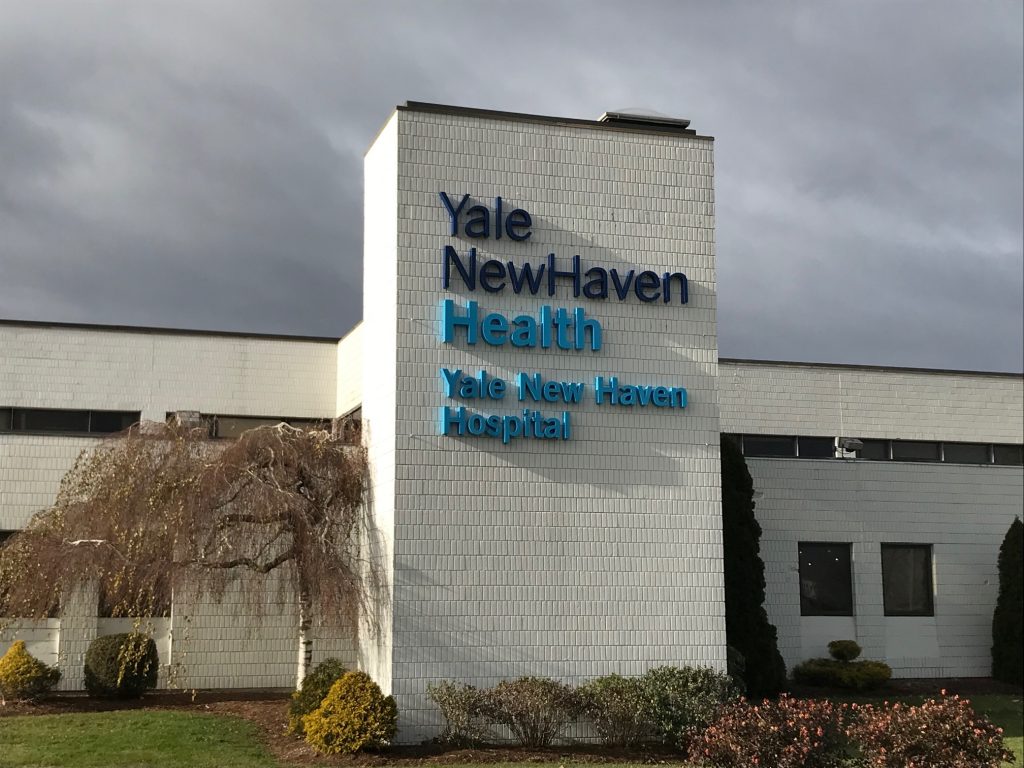Weak answers to state’s second set of questions about YNHH primary care plan for New Haven

Yesterday, Yale-New Haven submitted answers to the state’s second set of questions about their controversial plan to shift care for 28,500 mainly low-income people to a new site, far from neighborhoods. They also plan to shift Medicaid billing for those patients to New Haven’s two community health centers “for increased reimbursement through the FQHC enhanced Medicaid rate structure” raising costs to the state by millions. Advocates, providers and community members have raised serious concerns about the plan.
Regarding transportation to the distant new site for care, YNHH and the clinics intend to use Uber ride services for people who would have to travel over 40 minutes. For people with special transportation needs, including people with disabilities, seniors and pregnant women, they intend to reach out to a new service, Uber Assist, that does not operate anywhere in Connecticut. For now, people will have to use whatever services they currently use to reach distant sites of care.
To address huge increases in costs for uninsured patients, at the public hearing YNHH announced they will create a hardship fund. However, in the newest answers they clarified that the fund will only be available to current patients and new members of their families, i.e. newborns. However very few, if any, newborns cared for at the current clinic are uninsured. They refuse to help other uninsured patients because that “could disrupt existing relationships with other CSHHC and FHCHC sites”. They note that federal law precludes payments to Medicare and Medicaid patients, but only uninsured patients will pay the significant costs at the new clinic.
There were no answers to how patients will learn about family planning services that will no longer be available at the clinic or how they will access medications. A map in the newest answers demonstrates that there are no pharmacies near the new clinic.

